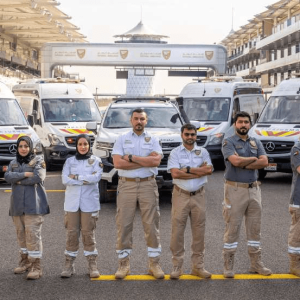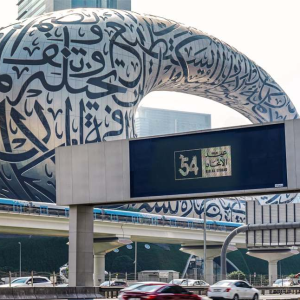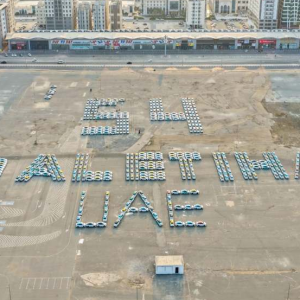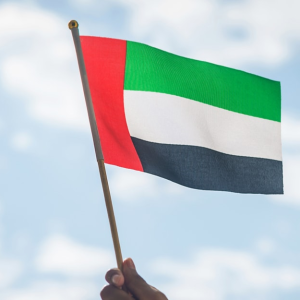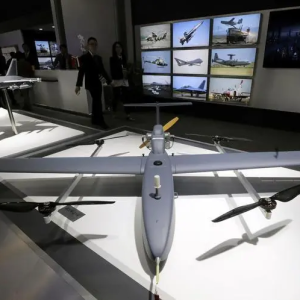Dubai Police Robot Officers are set to revolutionize the future of law enforcement as the city moves closer to deploying robotic patrol units across public spaces. The announcement highlights Dubai’s long-standing vision of becoming one of the smartest and safest cities in the world. With the introduction of robot officers, Dubai Police aims to combine artificial intelligence, robotics, and real-time data analysis to enhance public safety and modernize its policing strategies.
This groundbreaking initiative is part of Dubai’s larger “Smart City” plan, which embraces cutting-edge technologies across every sector—from transportation to governance and now, public security. By 2026, residents and visitors may find themselves interacting with these futuristic officers in malls, tourist destinations, airports, and busy city centers.
Dubai Police Robot Officers: A Leap Toward the Future
The idea of Dubai Police Robot Officers is not entirely new. Dubai has been testing robotic policing technologies for several years, showcasing prototypes at technology expos and global innovation summits. However, the decision to formally deploy these robot officers for regular patrols marks a major step forward.

Robot officers will not replace human police but will work alongside them. Their role will focus on routine tasks, surveillance, data collection, and community interaction, allowing human officers to concentrate on complex crime-solving and emergency response.
What Robot Officers Will Do in Dubai
The capabilities of Dubai Police Robot Officers extend far beyond simple patrols. These advanced machines are being designed to serve as a multi-functional policing tool, equipped with AI-driven features such as:

- Facial recognition technology for identifying suspects and missing persons.
- Real-time surveillance systems to monitor public areas and detect unusual activities.
- AI-powered communication allowing residents and tourists to file minor complaints, ask for directions, or request information in multiple languages.
- Crime reporting tools enabling direct transmission of data to police command centers.
- Interactive touchscreens for filing quick reports without needing to visit a police station.
- Emergency alert systems that connect citizens with human officers when serious incidents arise.
By combining these features, Dubai Police intends to create a seamless connection between people and law enforcement, reducing wait times, increasing accessibility, and improving efficiency.
Why Dubai Is Investing in Robot Officers
Dubai has always been at the forefront of futuristic urban development. From driverless Metro systems to smart government services, the city has consistently adopted innovations that transform public life. The introduction of Dubai Police Robot Officers fits perfectly into this strategy.
Several key motivations drive this initiative:
- Enhancing Security: With millions of tourists visiting Dubai every year, maintaining safety in public spaces is a top priority. Robot officers add an extra layer of security and surveillance.
- Efficiency in Policing: Automating routine patrols and paperwork allows human police officers to focus on investigations, critical incidents, and community policing.
- 24/7 Availability: Unlike humans, robots do not need rest. They can operate around the clock, ensuring constant visibility and accessibility in high-traffic areas.
- Tourism and Innovation Branding: Dubai aims to showcase itself as a global hub for innovation. Robot officers will not only ensure safety but also serve as a symbol of Dubai’s futuristic vision.
Public Interaction with Robot Officers
Residents and tourists will be able to interact with Dubai Police Robot Officers in everyday situations. Imagine walking through The Dubai Mall and seeing a robot officer rolling by, offering assistance in multiple languages.
Some examples of real-life interaction include:
- Asking the robot for directions or tourist information.
- Reporting lost property directly through its built-in system.
- Using facial recognition to identify individuals in crowds.
- Receiving updates on traffic situations or city alerts.
This integration of technology into daily life is expected to create smoother, more efficient communication between citizens and law enforcement.
Benefits of Robot Policing for Dubai
Deploying Dubai Police Robot Officers brings numerous benefits to both authorities and the community.
- Increased Public Trust: Visible patrol units operating 24/7 will enhance the sense of security in public spaces.
- Quick Access to Services: Citizens can file reports or seek information instantly without waiting in queues.
- Reduced Human Risk: Robots can be deployed in dangerous situations, such as hazardous environments or potentially violent confrontations.
- Data Collection: Advanced AI systems can gather and analyze crime trends, helping authorities predict and prevent incidents.
- Tourism Appeal: Dubai’s image as a futuristic city is further reinforced, making it attractive for global visitors.
Challenges and Concerns
While the idea of Dubai Police Robot Officers is exciting, it also comes with challenges and public concerns.
- Privacy Issues: The use of facial recognition and AI surveillance raises questions about data privacy and misuse.
- Technical Reliability: Robots may face malfunctions, hacking risks, or technical errors that could limit their effectiveness.
- Human Touch in Policing: Some critics argue that robots cannot replace the empathy, intuition, and judgment of human officers.
- Public Acceptance: Citizens and visitors may need time to get used to interacting with robot officers.
Dubai Police has acknowledged these challenges and is working on strong cybersecurity measures, clear regulations, and public awareness campaigns to ensure smooth integration.
Global Perspective on Robot Policing
Dubai is not the only city exploring robotic policing. Several countries, including Singapore, China, and the United States, have experimented with robot patrols in airports, malls, and streets. However, Dubai stands out as one of the first cities planning large-scale deployment.
This move positions Dubai as a pioneer in robot officers for patrol, potentially influencing how cities worldwide approach the future of law enforcement.
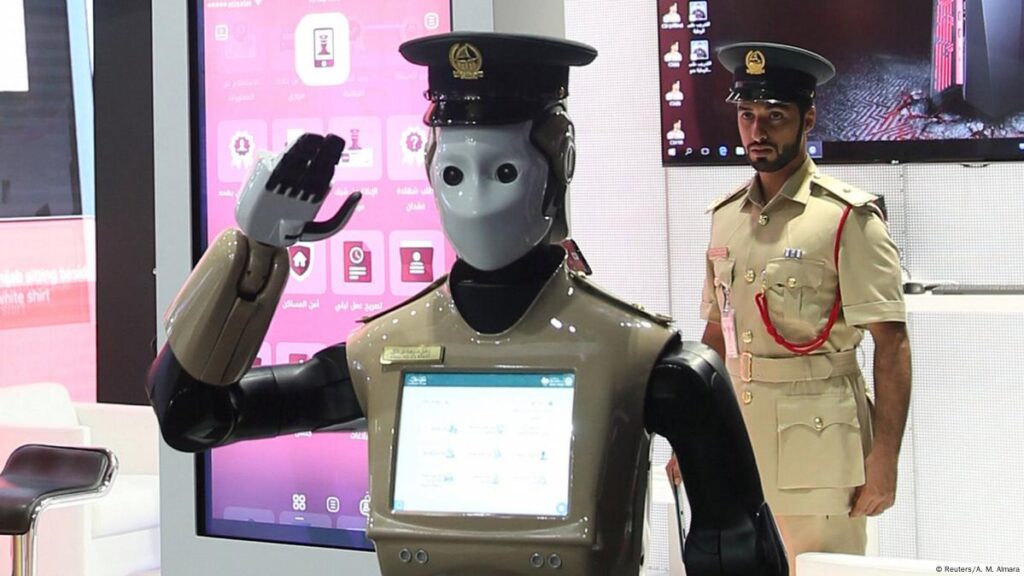
The Road Ahead: What to Expect by 2026
By 2026, Dubai Police Robot Officers are expected to become a regular sight across the city. Their deployment will likely begin in controlled environments like malls, airports, and tourist attractions before expanding to outdoor streets and public squares.
Future advancements may include:
- Drone-assisted robot officers for aerial surveillance.
- Autonomous police cars that combine robotics and AI mobility.
- Advanced AI integration allowing real-time decision-making during emergencies.
- Community service robots to handle minor disputes, lost property, and traffic guidance.
Dubai’s long-term vision suggests that within a decade, robot policing may become as common as CCTV cameras in ensuring city safety.
Conclusion
The deployment of Dubai Police Robot Officers marks a bold step toward the future of law enforcement. By blending artificial intelligence, robotics, and smart city technology, Dubai aims to improve safety, efficiency, and community engagement.
While challenges around privacy, acceptance, and technical reliability remain, Dubai’s forward-thinking approach ensures that solutions will evolve alongside the technology. For residents and tourists alike, the coming years promise a new era of interaction with law enforcement—where robot officers patrol the city streets, providing assistance, security, and a glimpse into the future.
With this initiative, Dubai is once again proving its role as a global leader in innovation and smart governance. By 2026, the city may not only be known for its skyscrapers and luxury lifestyle but also for pioneering the future of policing.
Do follow UAE Stories on Instagram
Read More: UAE’s Non-Oil Powerhouse: Growth Forecast Upgraded to 4.6% in 2025



